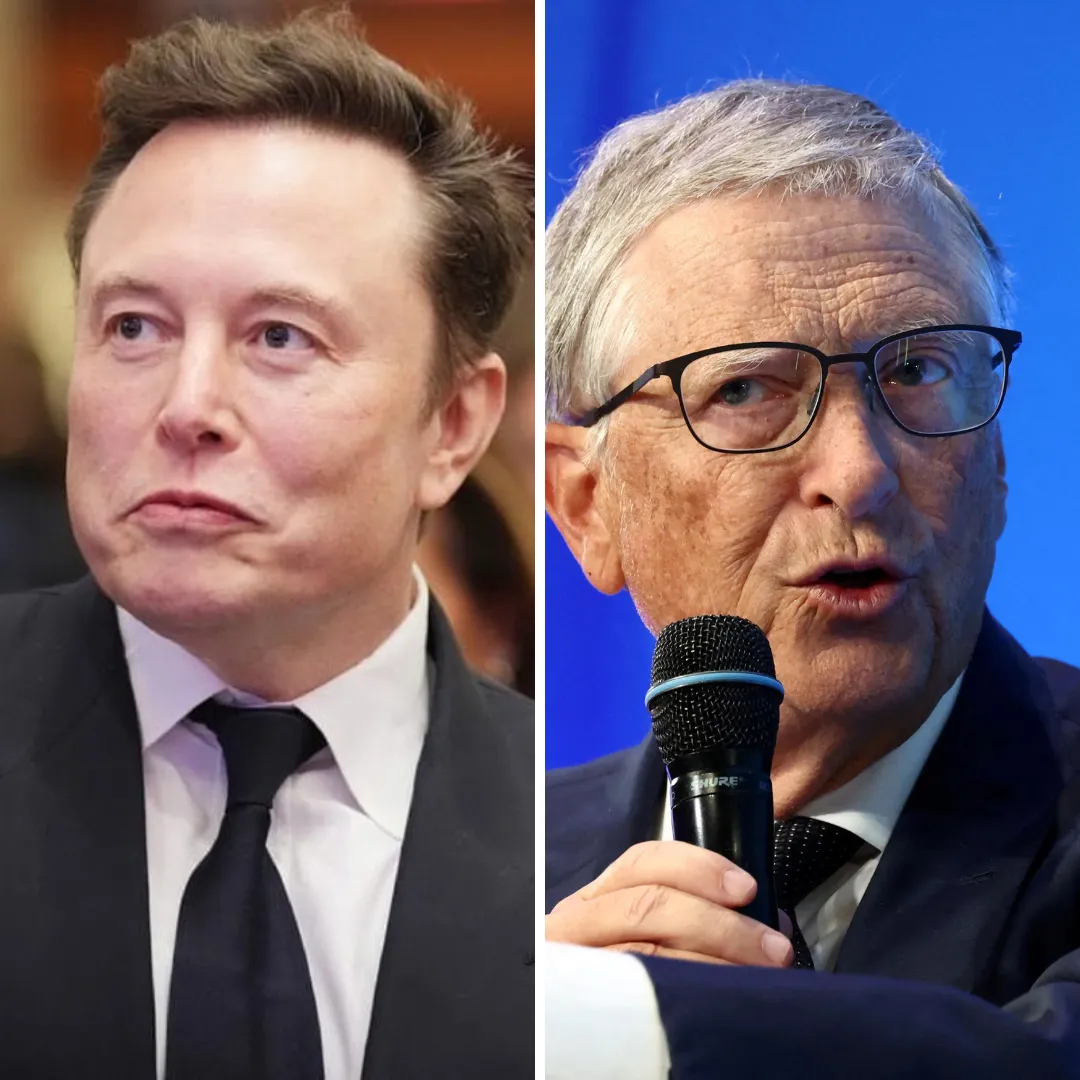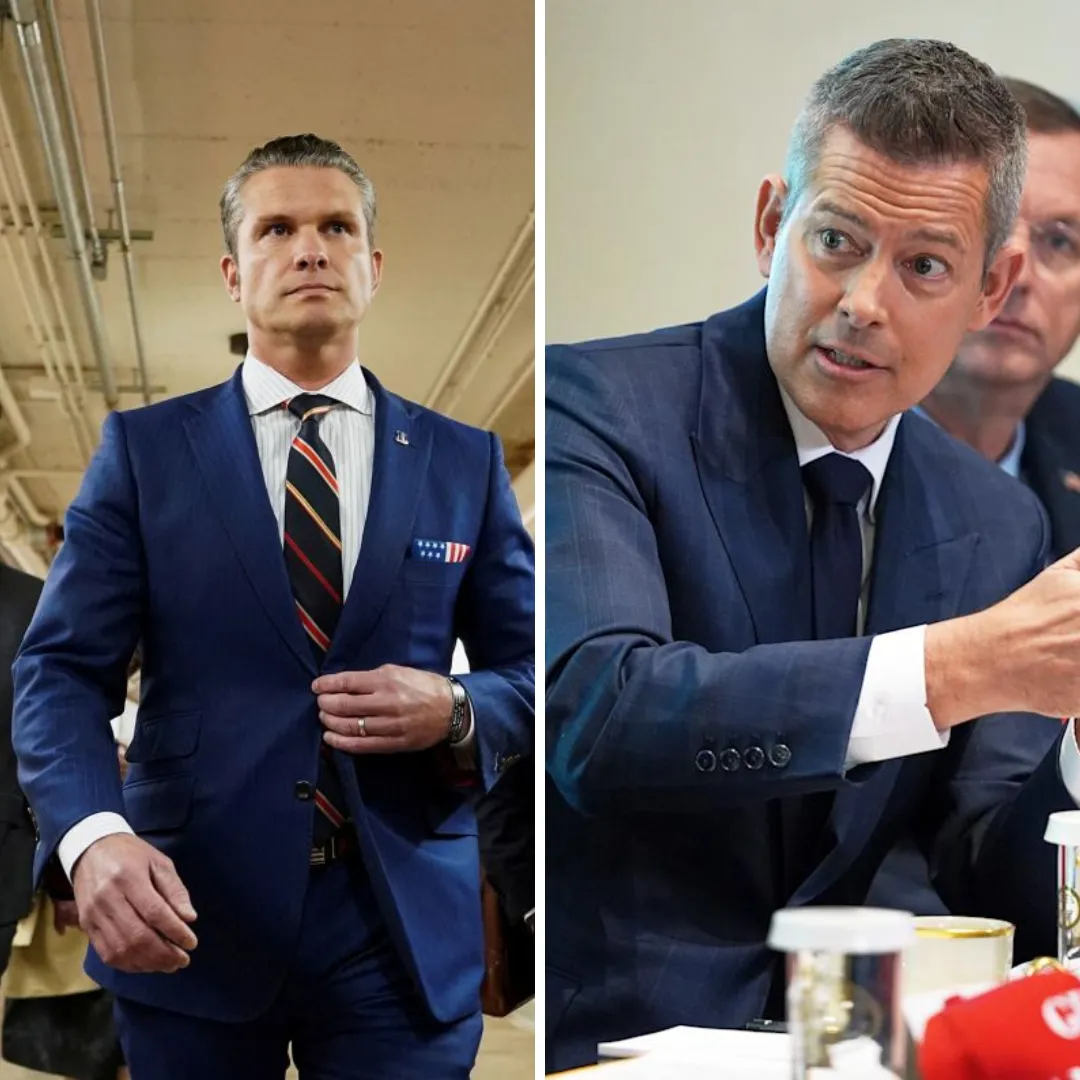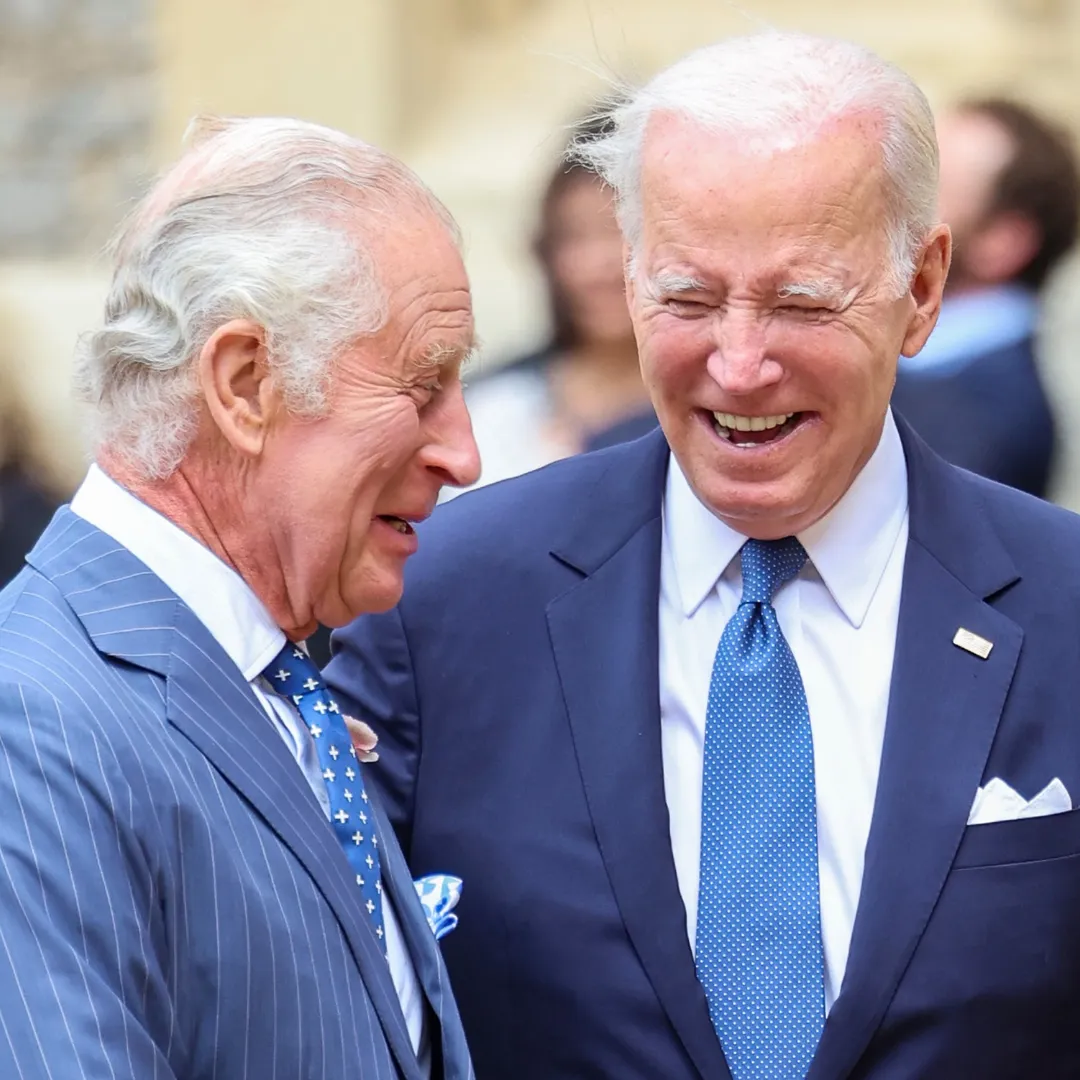
Elon Musk announced Tuesday that he will reduce the amount of time he spends in Washington, D.C., amid growing criticism and a sharp drop in Tesla’s quarterly profits.
The billionaire CEO, who has become a central figure in President Donald Trump’s administration, made the comments during a conference call with analysts after Tesla reported a 71 percent decline in first-quarter earnings.
Tesla’s net profit for the first three months of 2025 was $409 million, down significantly from $1.4 billion during the same period in 2024. The company also revised its previous year’s earnings down from $1.1 billion to reflect changes in the way cryptocurrency assets are valued.
The financial hit comes at a time when Tesla is facing strong competition in the global electric vehicle market, especially from Chinese automakers.
Musk said he would continue advising the president but now expects to limit his political work to “a day or two per week.” He added that this would likely remain the case for the rest of Trump’s second term.
“Obviously, I’m going to continue supporting the president and doing the work that helps the country,” Musk said. “But I need to spend more time on Tesla right now. That’s where my focus is going to shift.”
Musk has become one of President Trump’s most high-profile allies, serving as a senior advisor in the White House and leading several government efficiency initiatives, including cuts to federal employment and spending. However, this political involvement appears to be affecting Tesla’s brand image.
Consumer interest in Tesla vehicles has declined in some markets, particularly among moderates and liberals who are uncomfortable with Musk’s political positions and public support of far-right causes. Protests at Tesla showrooms have been reported in cities across Europe, North America, and parts of Asia, with demonstrators criticizing Musk’s role in government decisions and his alignment with Trump’s policy agenda.

During the earnings call, Musk dismissed the protests as politically motivated.
“The real reason is that those who are receiving the waste and fraud wish it to continue,” he said. “They’re upset that their easy money is being taken away.”
Tesla has also struggled with stagnating product lines. While the company continues to lead the U.S. electric vehicle market, it has not released a major new model in over two years.
In contrast, companies like BYD and NIO in China have launched several new vehicles, offering lower prices and fresh features that appeal to buyers in emerging markets.
Analysts say Tesla’s lack of new offerings, combined with negative publicity surrounding Musk’s political activities, is beginning to hurt sales even in its strongest markets.
“There’s definitely concern among investors that Elon is spread too thin,” one auto industry analyst said. “He’s been working on everything from federal layoffs to space exploration, and the focus on Tesla just hasn’t been the same.”
Tesla’s stock remains among the highest-valued in the auto industry, but its rapid growth has slowed. The company’s valuation has become more volatile in recent months, with shares dipping after each new controversy involving Musk’s political work or personal comments.
Despite these setbacks, Tesla continues to dominate electric vehicle sales in the United States and remains the most valuable carmaker globally by stock price. The company’s Gigafactories in Texas, Germany, and Shanghai continue to produce vehicles at record volumes, but delivery numbers have not met previous forecasts.
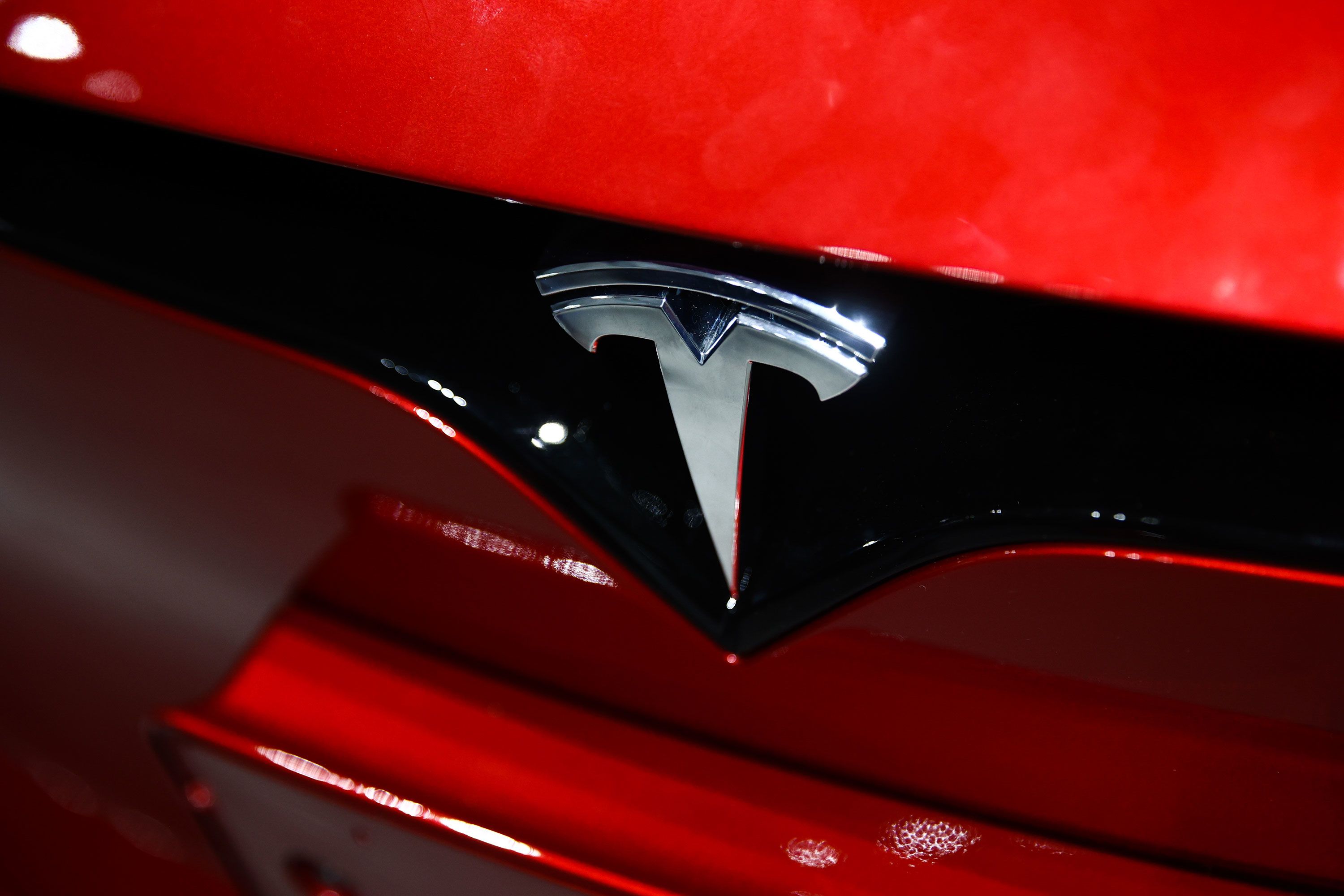
Musk acknowledged the challenges but said the company has plans to recover.
“We’re making adjustments,” he said. “We’ve got updates coming. We’re refining our manufacturing processes, and we’re listening to our customers.”
He did not offer a clear timeline for when Tesla might unveil new models or whether the company would scale back its prices to compete with international rivals. Musk did say the company is “committed to innovation” and hinted at upcoming developments in battery technology and autonomous driving features.
While Musk emphasized his continued loyalty to the Trump administration, he also noted the need to balance priorities.
“There’s a lot of work to be done in Washington, and I’m proud to be doing it,” he said. “But I built Tesla to change the world, and that mission hasn’t changed. It just means I need to spend more time getting it back on track.”
In recent months, public sentiment toward Musk has become more polarized. Supporters praise him as a visionary who is reshaping multiple industries, including transportation, energy, and space. Critics, however, argue that his political activities are compromising his leadership at Tesla and alienating portions of the customer base.
Internal sources at Tesla said that morale has been affected by recent controversies, especially as the company continues layoffs in certain divisions to reduce costs. Some employees expressed concern that Musk’s involvement in political matters is pulling attention away from important product and business issues.
A senior engineer who spoke on condition of anonymity said, “People here believe in the mission, but it’s getting harder to separate the car company from the politics. That’s a problem.”

Musk’s remarks about reducing his political schedule come amid increasing scrutiny of his dual role in both business and government. Watchdog groups have questioned whether his influence in the White House gives his companies unfair advantages, particularly regarding regulatory decisions and government contracts.
The White House has defended Musk’s advisory role, saying he brings innovation and private-sector expertise to longstanding government inefficiencies. President Trump has repeatedly praised Musk as “a genius” and “a warrior for American business.”
But as Tesla’s profits slide and customer sentiment shifts, some investors are beginning to call for a clearer separation between Musk’s political and business roles.
“It’s time for Elon to decide where he wants to lead,” one major shareholder said. “Because right now, the markets are watching, and they’re not happy.”
Looking ahead, Tesla will need to navigate a more competitive market, rising material costs, and growing public scrutiny of its leadership. While Musk has not shown signs of stepping down or handing over more day-to-day control, Tuesday’s announcement marks a potential pivot.
If Musk follows through on his promise to scale back time spent in Washington, it could signal a renewed focus on product development and company operations. But it may also raise questions about how much influence he will continue to have in the Trump administration’s policy decisions.
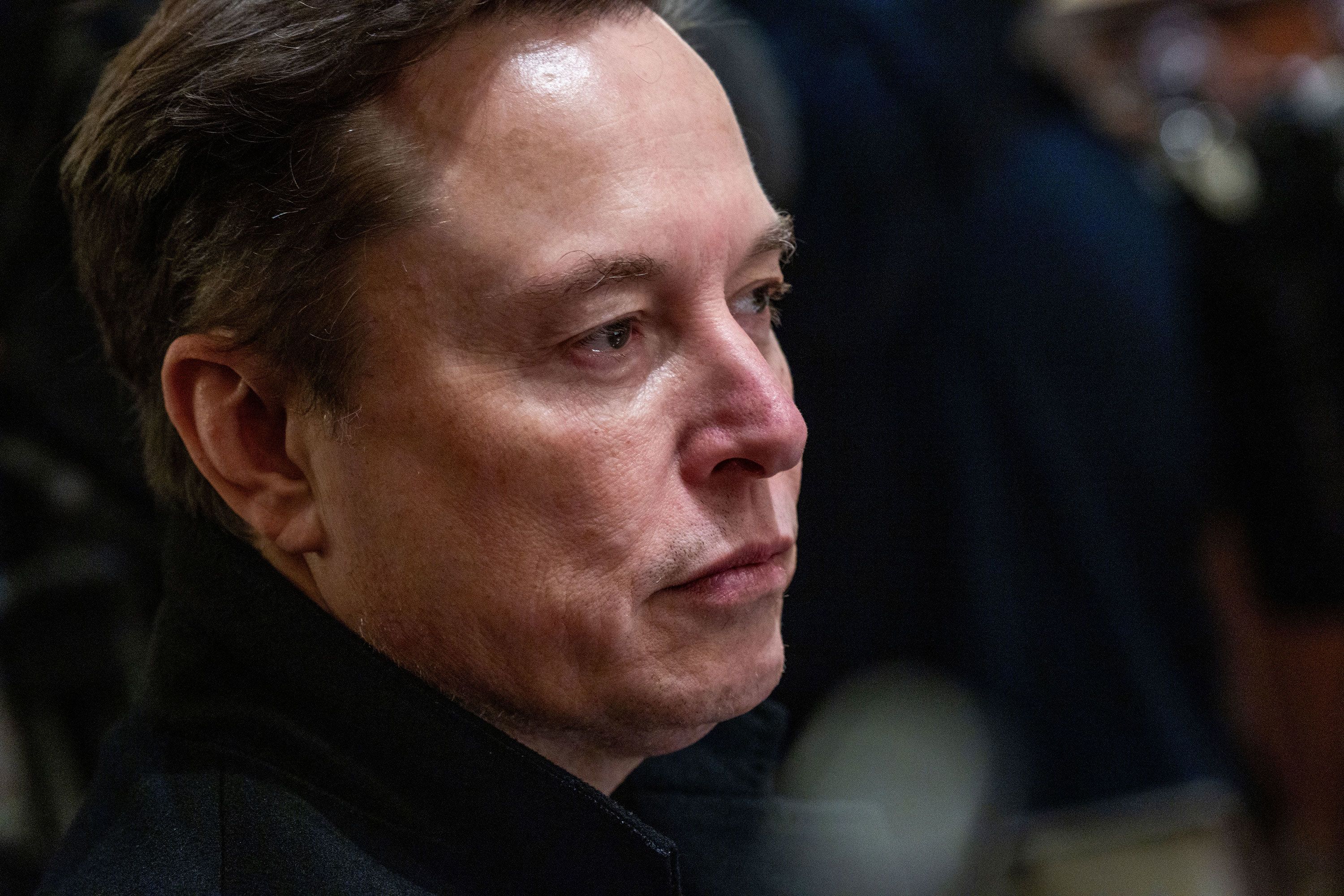
For now, Tesla is still a leader in electric vehicles, but the challenges are mounting. Whether Elon Musk can steer the company back toward growth while managing his political role remains to be seen.
